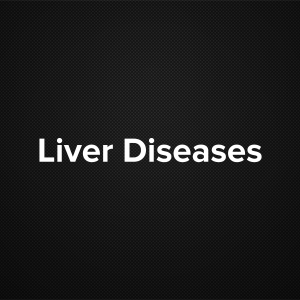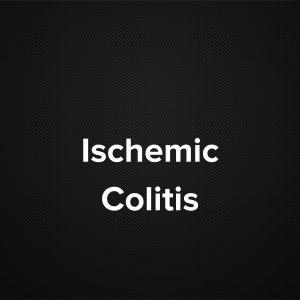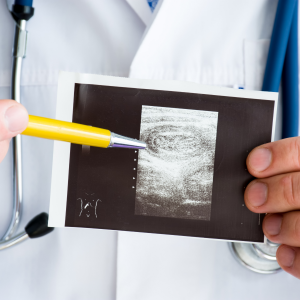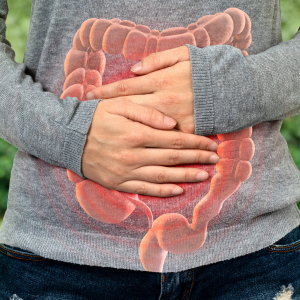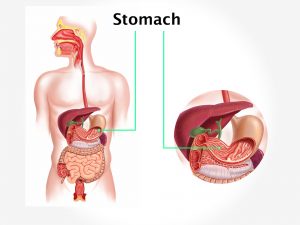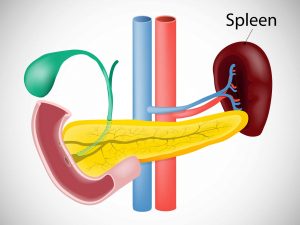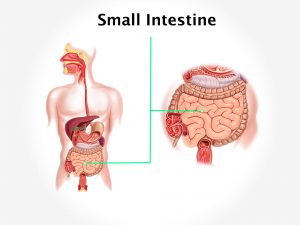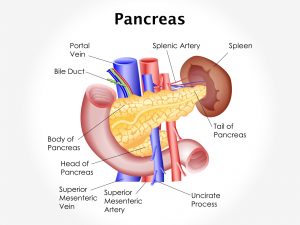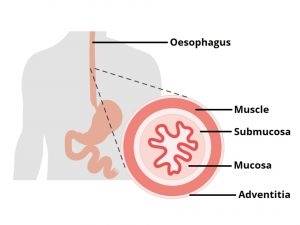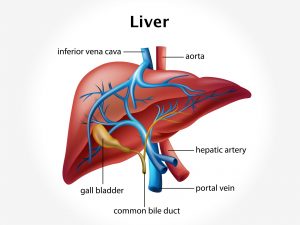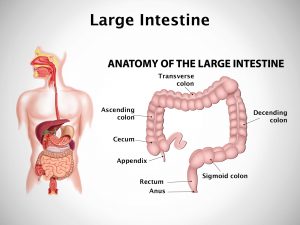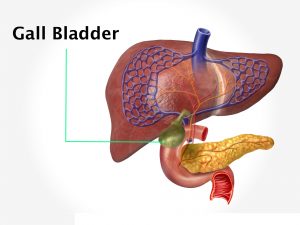Causative & risk factors
Any condition that causes an increased build-up of pressure on the pelvic floor can eventually lead to an enterocele.
These include chronic constipation, pregnancy, childbirth, excessive heavy lifting, chronic cough etc. History of prior pelvic surgery is associated with a higher risk of developing an enterocele.
Clinical presentation
An enterocele is frequently associated with prolapse of other pelvic organs such as cystocele, uterocele etc.
A mild small bowel prolapse may not produce any symptoms. Patients with significant prolapse may experience a sensation of fullness, discomfort or pain in the pelvis. The patient may experience pain in the lower back, which eases on lying down. A bulge may be felt in the vaginal canal.
Investigations
A prolapsed small bowel can easily be diagnosed on a physical examination. The patient is asked to lie down and strain as though she is having a bowel movement. This will cause the small bowel to bulge outwards and confirm the diagnosis.
Treatment
Mild cases of enterocele do not need to be treated. Cases with severe symptomatic enterocele need to be surgically corrected. During surgery, the prolapsed portion of the small bowel is put back into its place and the pelvic connective tissue is tightened. A mesh may be placed if necessary.
In patients where surgery is not an option, a vaginal pessary may be used to support the bulging tissue.


